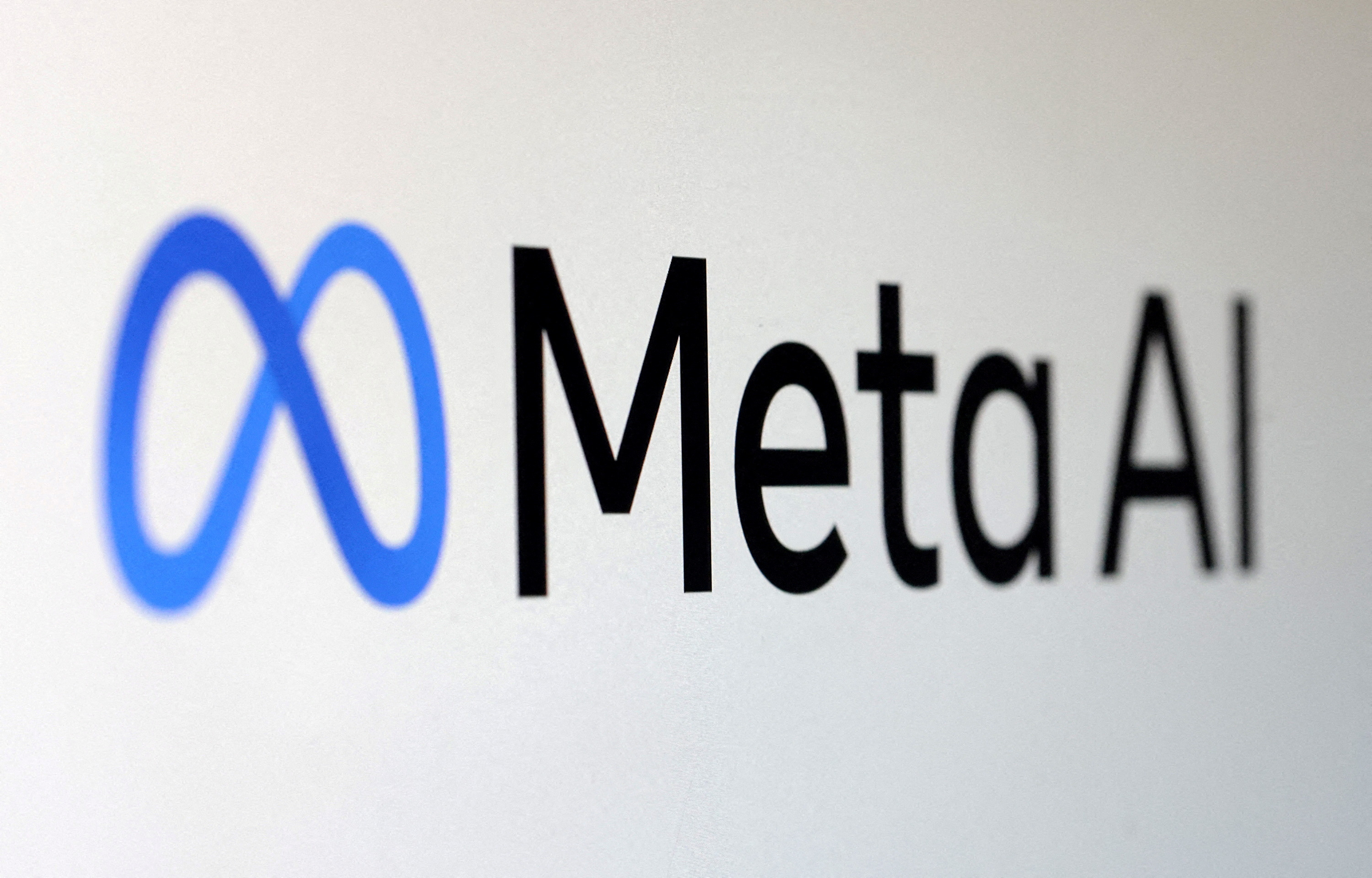Meta Platforms, the social media giant behind Facebook and Instagram, is currently entangled in a legal quagmire stemming from allegations of copyright infringement related to its utilization of thousands of pirated books in training its artificial intelligence (AI) language model, Llama. This unfolding controversy not only implicates Meta but also raises critical questions about the ethical boundaries of AI development, the legal implications for tech companies, and the potential reverberations across the entire generative AI landscape.

Credits: Reuters
The Allegations Unveiled:
Prominent people including comedian Sarah Silverman and Pulitzer Prize winner Michael Chabon, along with other writers, allege in a recent court filing that combines two claims that Meta improperly used their writings to train its AI model, Llama. The main question is whether Meta continued to exploit copyrighted material after receiving warnings from its own legal team, which might provide information about the company’s risk appetite and moral standards.
Chat Logs: A Window into Meta’s Decision-Making:
The latest complaint introduces chat logs featuring Meta-affiliated researcher Tim Dettmers, discussing the acquisition of the contentious dataset in a Discord server. Dettmers’ exchanges with Meta’s legal department hint at a palpable tension concerning the legality of using book files for training purposes. The logs provide a glimpse into Meta’s internal discussions, with Dettmers indicating that Meta’s legal team had reservations about the use of the dataset, particularly books with active copyrights.
Decoding Legal Concerns:
While the specific nature of the legal concerns raised by Meta’s legal team remains undisclosed in the chat logs, the general consensus points toward worries about books with active copyrights. The researchers contemplated whether training on such data could be justified under the fair use doctrine, a legal principle in the United States that allows specific unlicensed uses of copyrighted material. This raises profound questions about the responsibility of tech companies when incorporating copyrighted works into their AI training datasets.
Tech Industry in the Legal Crosshairs:
Meta’s legal situation is not unique; it is representative of a larger pattern in the tech sector. This year, a number of businesses have been sued by content creators who claim that the corporations utilized their copyrighted material to build generative AI models. Beyond just monetary compensation, these cases could have a significant impact on how the generative AI industry is governed and how ethical standards are applied to AI development.
Generative AI Craze at Stake:
The repercussions of successful lawsuits against tech companies could be seismic for the generative AI landscape. The cost of constructing data-hungry AI models might surge, compelling AI companies to compensate artists, authors, and content creators for the use of their works. This, in turn, could dampen the fervor surrounding generative AI and alter the competitive dynamics of the industry, impacting established players like OpenAI and Google.
European Regulations and Enhanced Disclosure:
Simultaneously, the evolving regulatory landscape in Europe introduces new rules designed to govern artificial intelligence. These regulations may force companies to disclose the datasets used to train their AI models, potentially exposing them to heightened legal risks. Increased transparency could become a double-edged sword for companies, fostering accountability but also inviting scrutiny and potential legal challenges.
Meta’s Llama Models and Market Dynamics:
The core of this legal whirlwind is Meta’s Llama models. An important milestone in the company’s AI efforts was reached in February with the release of the first version, which revealed the usage of “the Books3 section of ThePile” as a training dataset. The following release of Llama 2, which is commercially available and has a different price structure that benefits smaller businesses, raised the possibility of a paradigm change in the generative AI industry by upending the dominance of established competitors who charge for comparable services.
Conclusion:
As Meta Platforms grapples with the legal ramifications of its AI training practices, the case underscores the complex interplay between technological innovation, legal boundaries, and ethical considerations. The outcome of this lawsuit could potentially redefine the rules of engagement for AI development, influencing not only Meta but also shaping the broader trajectory of the tech industry’s approach to intellectual property rights and responsible AI utilization. The legal scrutiny on Meta serves as a cautionary tale for tech behemoths navigating the delicate balance between innovation and legal compliance in the rapidly evolving landscape of artificial intelligence.












